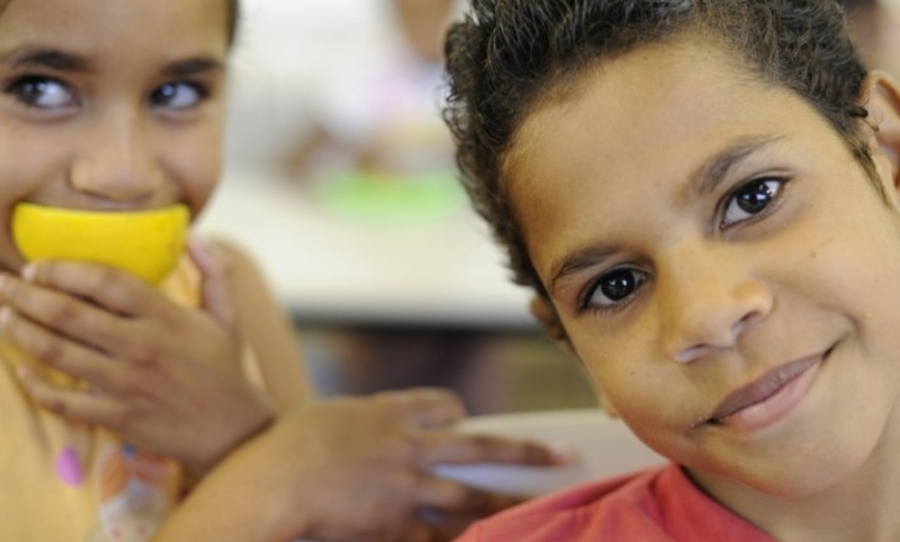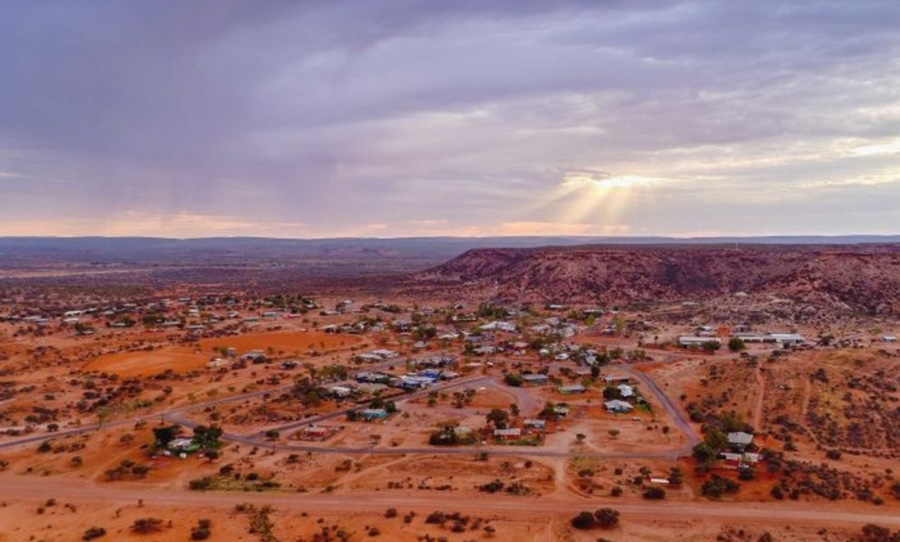A national inquiry has revealed some appalling data regarding food security in remote Indigenous communities. That’s right, in our own backyard, 43% of Indigenous households went without food in the last year alone.
Nationally across city, urban, regional, and remote areas, 29% of Indigenous families didn’t have adequate access to food throughout 2019. Something we take for granted is having a fridge or pantry containing consumable food, but that just isn’t the reality for all Australians.

Poverty is the major reason for inadequate food security in Indigenous communities and yet we are doing little to improve access to basic human needs.
With poverty and low-income wages rampant throughout remote communities, little has been done to address these social issues. But on top of that, food security is made virtually impossible for Indigenous households when we look at supermarket pricing in remote areas.
Basic goods in remote supermarkets are 56% more expensive than at regional supermarkets – and that is without considering urban and city stores. Private supermarkets can also be attributed to these hiked prices, with one private store basket costing $1,150, and $680 in a community-led store.
Indigenous Australia News Top story: NT Aboriginal organisations urge national cabinet to act on remote food security | NITV https://t.co/BQaLbydwXv, see more https://t.co/WNSmFmGI6T
— tracey (@traceywithhope) April 21, 2020
This is not news for community members living in the remote community Kowanyama in far north Queensland where fresh meat and vegetables are basically unattainable. The CEO of the Indigenous community’s shire commented further:
“We have received reports from residents that baby formula can cost $50 per 900 grams. We have also received reports from residents that nappies can cost $50 per packet.”
Consider that the next time you complain about paying for a $6 avocado to complete your haloumi stack.



